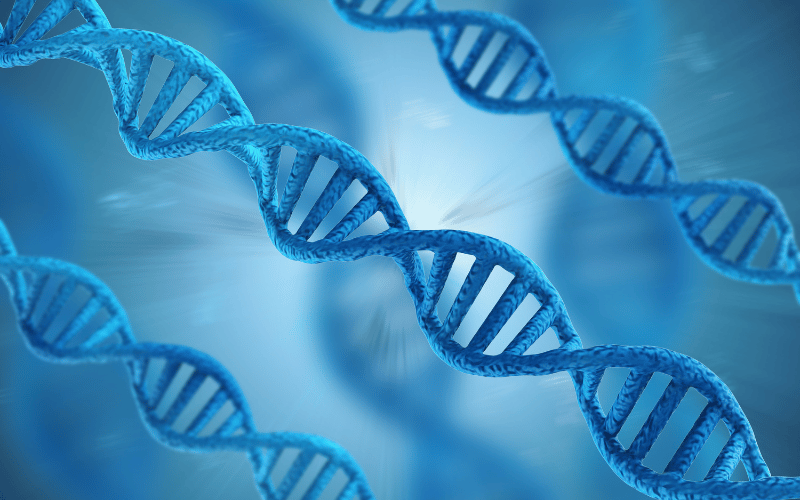Cause 6: Genetic Predisposition

While lifestyle factors are significant contributors to hiatal hernias, one cannot overlook the role of genetics. Just as eye color, hair type, and height are inherited, so too are specific structural aspects of our body. Some individuals may be born with a naturally larger hiatus – the opening in the diaphragm through which the esophagus passes. Such an inherent trait can predispose them to develop a hernia over time, especially when exposed to other risk factors.
Every individual inherits a combination of genes from their parents, determining various aspects of their physiological makeup. In the context of hiatal hernias, if a close family member, such as a parent or grandparent, has had one, the chances of offspring having a similar predisposition increase. This doesn’t mean herniation is inevitable, but the inherent structural vulnerabilities can make the diaphragm more susceptible, especially when combined with lifestyle factors.
Though genetic predisposition places one at an increased risk, it’s the interplay with environmental and lifestyle factors that often determines the outcome. For instance, a genetically weak diaphragm, when subjected to chronic coughing or obesity, becomes even more vulnerable. Hence, understanding one’s family medical history can guide more informed lifestyle choices to counterbalance the inherited risks. (6)